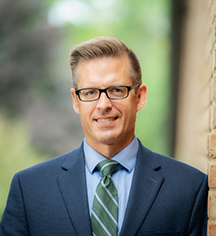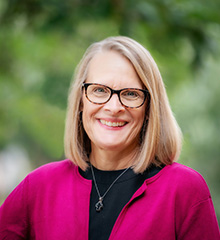What’s Really Behind America’s Religious Decline?
If you’re watching church attendance declining at your congregation and wondering what you’re doing wrong, this conversation will transform how you understand the challenges facing American religion. Dr. Christian Smith, sociologist at the University of Notre Dame and author of “Why Religion Went Obsolete,” reveals that the struggles you’re experiencing aren’t primarily about your leadership, programs, or preaching. Instead, we’re dealing with “perfect storm” conditions—massive cultural, technological, and social forces that have been building for decades, creating what Smith calls a “cultural mismatch” between traditional religion and today’s zeitgeist.
Smith’s research identifies specific factors since 1991 that have reshaped the religious landscape, from the deinstitutionalization of the American family to the rise of anti-institutional sentiment and popular postmodernism. Rather than trying to fix church attendance declining through traditional methods, church leaders need to understand these macro-level forces and redirect their energy toward discerning where God is already at work. This liberating perspective helps leaders move beyond self-blame to focus on faithful response to genuinely unprecedented cultural conditions. Join hosts Dwight Zscheile and Terri Elton as they explore why traditional religion has become “obsolete” in American culture and what this means for the future of faith communities.



